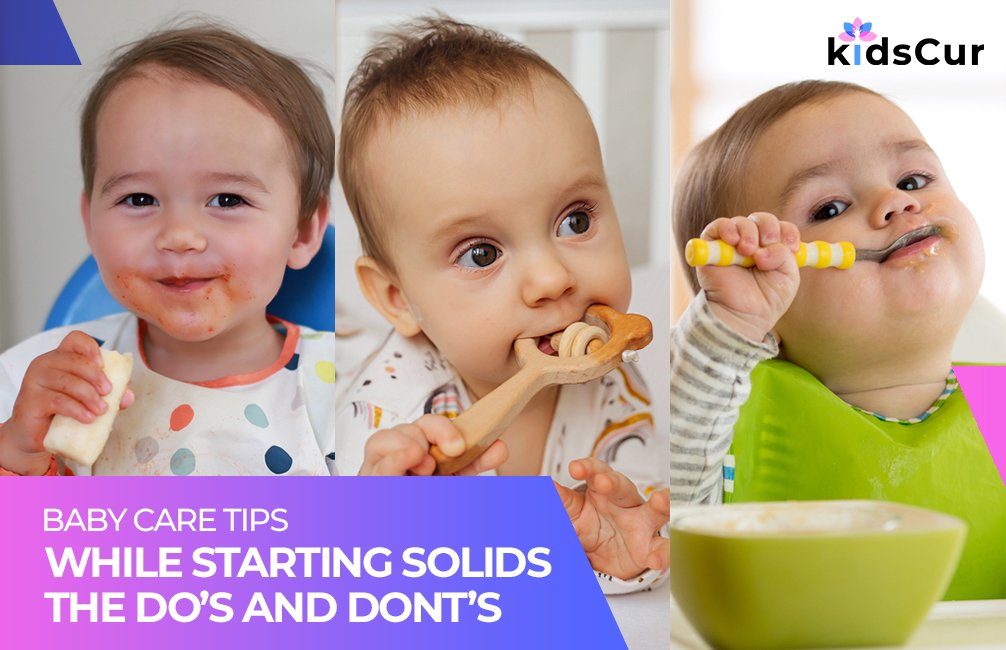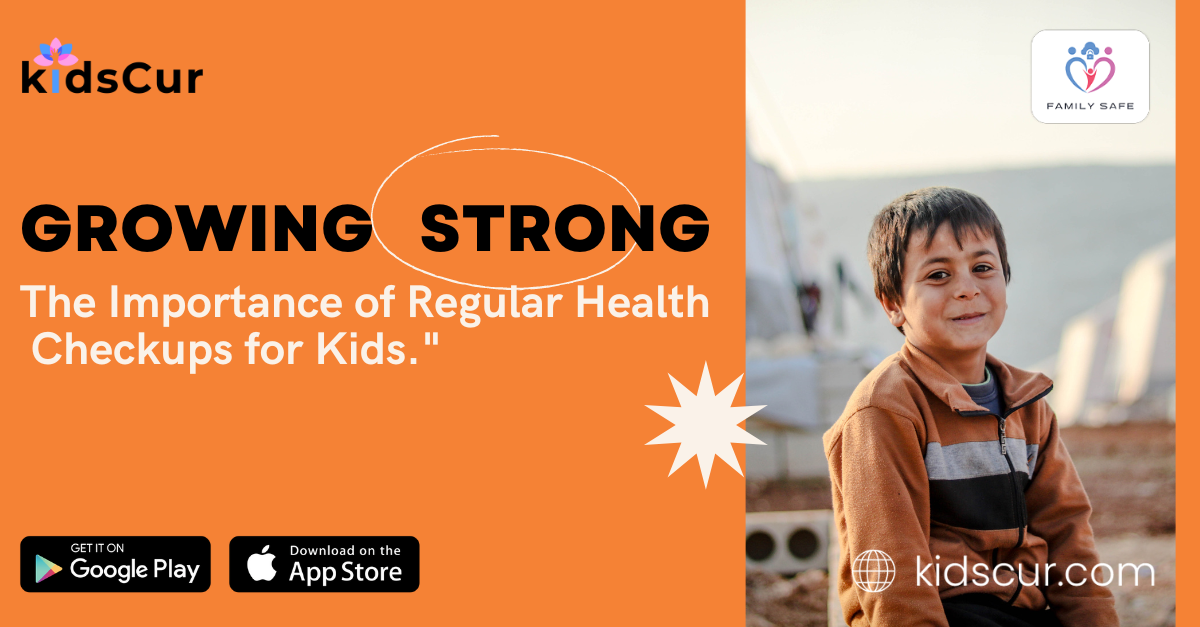
Introducing solid foods to your baby’s diet makes them a real eater. However, parents can become quite overwhelmed and confused with the conflicting baby care tips and recommendations.
Paediatricians recommend that the right age to start solids is around 6 months of age. Before 6 months of age, your baby can get all the nutrients they want from breast milk. By 6 months of age, your baby will show the following signs which will imply that they are ready to begin their solid food journey.
If your little warrior is ready to begin taking solid foods, you need to certainly read the below tips.
The consistency of the first solid foods must be always runny like breast milk. Your baby has only started on fluids and you cannot expect them to gobble down thick foods in one go. Start patiently and introduce runny solids. To make them taste better, try to add freshly expressed breast milk.
Don’t rush while starting with the fluids. Your objective during the first solid days is to introduce new flavours and textures only. Moreover, don’t expect to stop breastfeeding altogether. Give babies solid food when they are most hungry during the day.
You cannot expect your munchkin to like foods at one go. Ideally, it will take around ten or more exposures for a baby to fully like one particular food. Persistence and patience are the key values that can help you win over your baby’s unyielding demands.
Only feed your infants with organic foods. This will limit your baby’s exposure to harmful pesticides, insecticides, GMOs etc. Try to find a local store nearby that sells fresh and organic produce. Organic foods can ensure that your baby is free from harmful chemicals and their subsequent side effects.
If your infant is not in the mood to finish his meal, be flexible sometimes. Babies often will not have much appetite when they are sick or teething. As a parent, watch over their moods and never attempt to force-feed them when they are not really in the mood.
Starting your baby’s solid food journey is an exciting experience. With proper care and attention, you can help your baby transit from breastmilk to solid foods.
For more baby care tips and tricks, download KidsCur App Now.

Frequent health examinations are essential for guara...
Read More
Teaching financial planning to Indian children is im...
Read More
Balancing the needs of both children can be challeng...
Read More
Comments